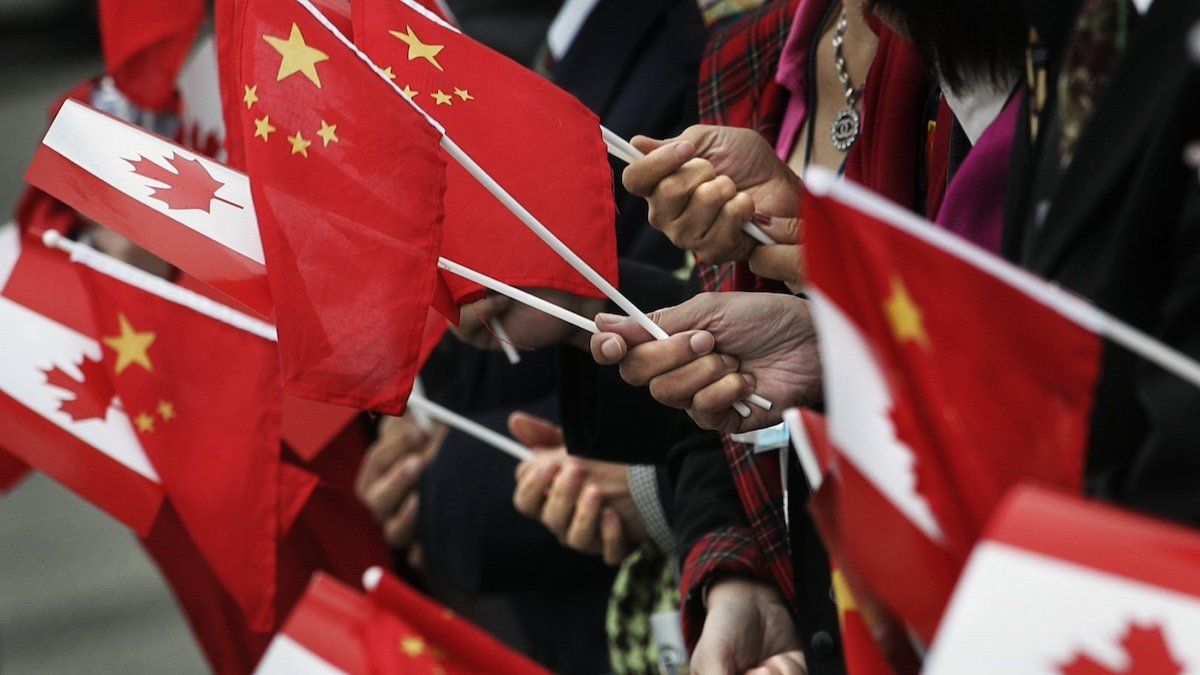Canada’s long-awaited public inquiry into foreign interference in the electoral process started this week and, in an election year in the United States, it will be monitored closely in Washington.
Calls for an inquiry were sparked by media reports that suggested China had interfered in the 2019 and 2021 Canadian federal elections, attempting to swing the country’s 1.7 million citizens of Chinese descent behind the governing Liberals.
Among the allegations were claims that one Liberal MP viewed as being pro-Beijing was nominated as a candidate with the help of paid Chinese students, bused in by the PRC Consulate in Toronto (The MP in question, Han Dong, denied the allegations and is suing the media outlet, Global News). Another allegation suggested that opposition Conservative MPs were targeted by disinformation, such as the claim that a future Conservative government would require all Canadians with ties to China to register on a foreign influence register (there was no such plan).
Prime Minister Justin Trudeauinitially resisted an inquiry, instead appointing former Governor General David Johnston as a “special rapporteur” to produce a report on the extent of the problem. Johnston complied last May, saying that foreign governments did attempt to influence voters but that the problem was less concerning than the headlines suggested. He said China was generally “party agnostic” in that it tried to help “pro-China” candidates in whichever party.
The House of Commons did not accept Johnston’s findings, particularly given his links to Trudeau, and demanded that the minority Liberals set up a public inquiry before a judge to reaffirm Canadians’ faith in the electoral system.
Quebec appeals judge Marie-Josée Hogue kicked off those proceedings on Monday and will report back by December. In the wake of the murder of Sikh separatist Hardeep Singh Nijjar in British Columbia last June, the inquiry’s focus has broadened beyond China to include possible electoral interference by Russia, India, “and other foreign actors.”
The subject is of acute interest to
American lawmakers. Conservative Party foreign affairs critic,
Michael Chong, was invited to appear before the Congressional-Executive Commission on China last fall to talk about a Chinese intimidation campaign against his relatives in Hong Kong. Chong said Western allies could work harder to translate intelligence into evidence to be used by judicial systems and could even go public with intelligence to counter disinformation.
